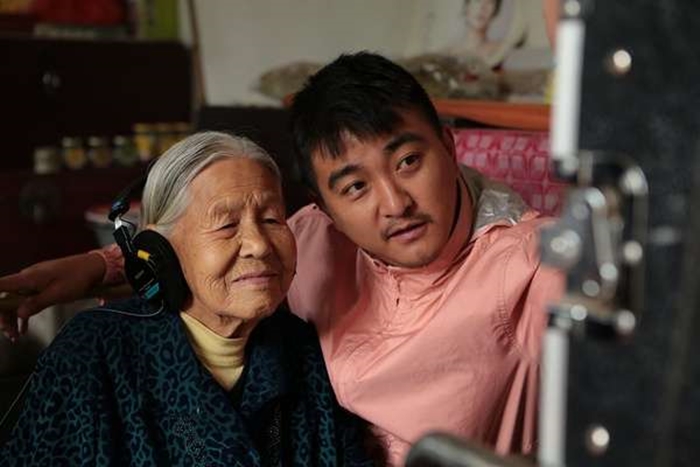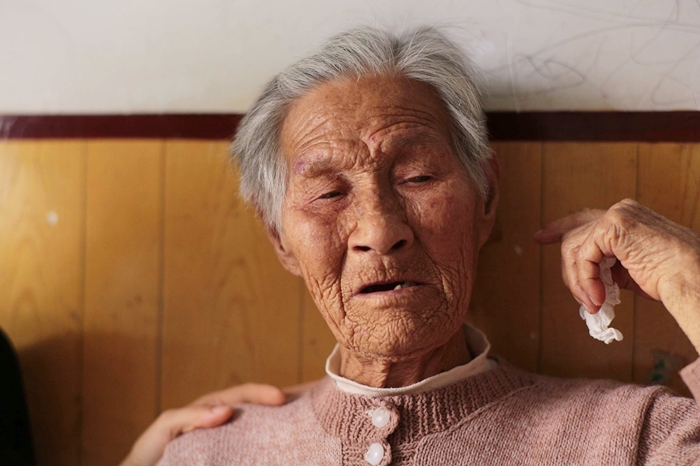
'Twenty-two,' a documentary about 22 'comfort women' survivors, is released in China on Aug. 14, International 'Comfort Women' Day. Jointly produced by Korea and China, the film tells a day-in-the-life story of the now elderly women.
By Kang Gahui and Lee Hana
Photos = Maoyan (猫眼)
A documentary about 22 "comfort women" jointly produced by Korea and China has been making big waves across the Chinese mainland.
Titled "Twenty-two," the film was released in China on Aug. 14, International "Comfort Women" Day. As the first Chinese documentary to shed light on the many women who suffered as sex slaves during colonial times and World War II, the film has, as of Aug. 25, grossed more than CNY 156.2 million (KRW 26.4 billion). This is more than double the amount made by any Chinese documentary film on record.
The title of the documentary points to the 22 "comfort women" survivors who were filmed during production back in 2014. Three years later, and two weeks since the release of the film, a total of only eight women still remain to tell their tales.
Included on the list of 22 women are three ethnic Koreans who spent their later years in China. Sadly, Park Cha Soon and Lee Su-dan passed away on Jan. 18, 2017, and May 17, 2016, respectively, before the film's release. Ha Sang-suk, meanwhile, is currently in Korea receiving medical treatment.
Production and funding from the Korean side came from Kim Won-dong, head of Asiahome Entertainment, the company behind the 2014 film "Tuning Fork" (소리굽쇠), which dealt specifically with women sex slaves from Korea.

'Twenty-two,' a documentary about 22 'comfort women' survivors, introduces three Korean women who suffered as sex slaves during colonial times and World War II. Park Cha Soon (pictured) sadly passed away before the release of the film.
The documentary takes a gentle approach throughout its 90 minutes. No archived footage or narration is used. The women are shown going about their day-to-day lives, taking their meals, sleeping, watching TV and playing mahjong with their companions.
Guo Ke (郭柯), the director of the film, said that he spoke to the women as though they were his own grandparents. As it happened, the women were able to address their past in a space that is most comfortable to them, the present.
The Chinese public, previously unexposed to the issue of the "comfort women," have been lauding the film since its release.
On the Chinese film website Maoyan, it's easy to spot reviews that reflect the overwhelming response. One viewer with the username Mingzhong Zhuding Ai Huoguo commented that, "After learning about the lives of these resilient and brave women, it becomes clear that we must confront this historical issue," while another reviewer, named Jisang, said that, "Not a single person left the movie theater until a long list of some 30,000 crowdfunding contributors rolled up the screen."
According to Asiahome Entertainment, distributors are in the process of securing theaters for the documentary's release in Korea.
kgh89@korea.kr